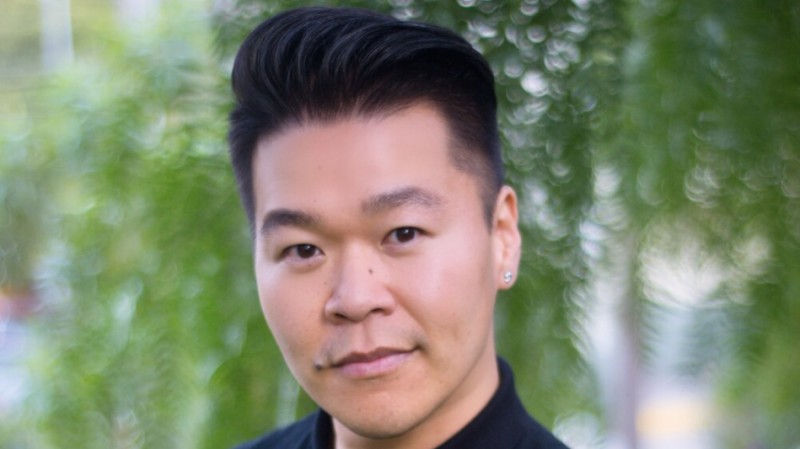
We caught up with the Center for Gender & Health Justice’s new Associate Director, Sean Arayasirikul, PhD to learn more about their inspiration working in public health, the ways in which their genderqueer Thai American identity has influenced their journey, advice to future public health scholars, and their path to UCGHI.
Tell us a bit about yourself and your background.
Hi! I'm Sean Arayasirikul. I use they/them pronouns. I am an Associate Professor In-Residence at the University of California, Irvine (zot zot!). I am a medical sociologist doing community-engaged public health research. My work explores the potential for digital technology to make public health systems more accountable, responsive, and equitable. I have the privilege and great responsibility of serving sexual and gender minoritized communities, locally, nationally and globally.
What inspired you to work in Global/Public Health?
Public health is critical to me because it combines social justice, health, and human rights. My entre into public health was as a homeless LGBTQ young adult where I depended on LGBTQ+ and HIV prevention organizations for services and support, but more importantly - inspiration. Experiencing firsthand its life-saving impact, I sought out a career in public health to continue be of service to the communities I belong to.
May is Asian American Pacific Islander History Month. As someone with Asian heritage, what does your identity and culture mean to you, and how has it influenced your professional and academic journey?
I am a genderqueer Thai American, a first-generation college student, and a college dropout. Living at this particular intersection of identities and social positions can be difficult to navigate and hold all at once. Out of survival and living in a society rooted in white supremacy, it is sometimes easier to flatten the complexity of these identities into being just Asian or just Queer. But over time, I have come to better know the richness of both Thai and Queer cultures; and that I must embody this complexity as a commitment to decolonize what a society that centers whiteness has indoctrinated me to think about myself and constantly re-imagine resistance and self-determination. These push and pull tensions have shaped my scholarship, pushed me deeper to think about intersectionality and intersectional invisibility, and helped me lead with more compassion for those similar and different than me.
What career accomplishment are you most proud of?
I am most proud of developing the SHINE Strong Program (weshinestrong.org), an NIMH-funded training program to develop the next generation of HIV prevention scientists with expertise in trans and nonbinary population health. Through SHINE Strong, I am able to be the change that I want to see in the world (and in this case, academia) and create supportive, safe environments for learning, identity development, and critical public health while mentoring the next generation of scholars.
What do you hope to accomplish in your new role as Associate Director of the Center for Gender and Health Justice?
As a new Associate Director of the Center for Gender and Health Justice, I hope to create inclusive, supportive environments for trans and nonbinary communities across the UC system and in global and public health. I also would like to leverage intersectionality to foster deeper understanding across differences, and identify opportunities to examine gender, health, and justice in new ways.
What advice/message do you have for future Global/Public Health scholars?
You are valuable. Be deliberate and intentional with your time, action, energy and passion. Remind yourself that you have options; center self-determination and autonomy.
Working in Global/Public Health often requires a great deal of physical and emotional labor. How do you practice self-care?
Confronting injustice in global and public health is hard work. Self-care for me must be both planned and spontaneous, social and solitary, and big and small – all depending on the specific circumstances, struggles, and level of burnout at hand. A ritual I practice every day is taking a moment to be in awe of the miracle of mother nature and fill myself with gratitude for life and strength to fight another day.
Rapid fire/fun facts:
- Favorite karaoke song? Don't Stop Believin' by Journey
- Favorite ice cream flavor? Butter pecan (but, I rarely have it). My go-to is a drumstick! =P
- Favorite book/movie? Raya and the last Dragon and Encanto
